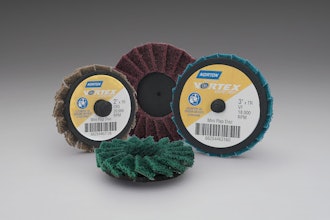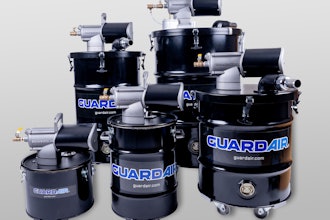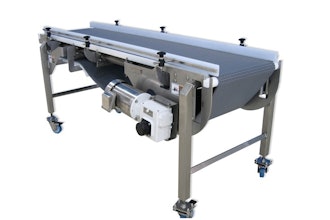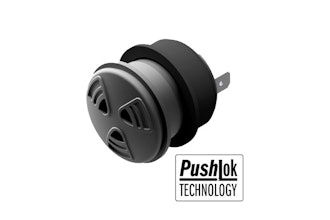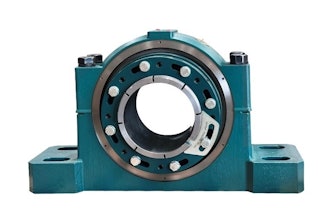America’s favorite bad guy Uber is facing some fresh backlash.
Amidst multiple rounds of layoffs, the ride sharing business is struggling to navigate a pandemic that’s keeping people from regular ride hailing.
In May, Uber announced a $170 million investment in electric scooter and bike rental company Lime. As part of the deal, Uber would unload its own bike and scooter share business, Jump, and Lime would take it over, while the two companies would work to integrate their apps.
Fast forward a few weeks. The pandemic is still dramatically influencing the way in which people go about their daily lives and one thing that’s becoming clear is that bikes are back in a big way. As cautiously returning workers avoid crowded public transportation, bikes have become so popular that there are even shortages.
But apparently this didn’t stop Uber from disposing of tens of thousands of working e-bikes that weren’t considered new enough for Lime to take, despite many being “minimally ridden.” In fact, several ex-Jump of employees -- freshly laid off after the divestiture -- expressed anger when they learned that, instead of donating the bikes, Uber had loaded them onto trucks and sent them to the scrapyard.
Uber says they had a good reason: the e-bikes are affixed with batteries that aren’t meant to be charged in people’s homes and their proprietary parts also meant that maintenance issues would be very difficult to address at a local bike repair shop. Even if the batteries were removed, the bikes alone weigh around 75 pounds, making them difficult to manually pedal. It was for these reasons that Uber said the most responsible choice was to recycle them.
But according to CNN Business, some former Jump employees feel this approach stands in contrast to the environmental gains that come from car alternatives and that Uber “could have put more effort into finding uses for the bikes.”









